CBD for easier Menopause
Estimated reading time: 9 minutes
Introduction
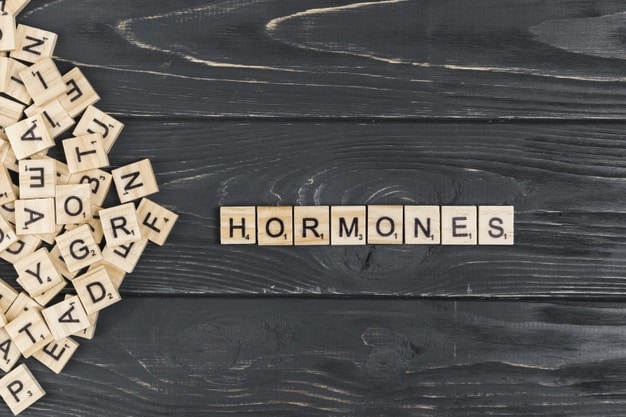
Menopause is finally getting its moment in the spotlight. This is after being largely ignored by the medical profession or at best talked about in lowered voices. In the last couple of years, it suddenly seems like every female social media influencer between 45-55 is talking candidly about their own personal struggles. Struggles brought on by plummeting estrogen levels with many highlighting how CBD products have helped manage their debilitating symptoms.
If you're male, or a woman under 40, menopause probably seems like some abstract concept. That's because when perimenopause takes hold and our estrogen levels crash and burn. It's like an unwanted guest has entered the building. Once there was good health, a balanced mood, a decent night's sleep, and a clear head. Now resides a rumbling state of anxiety, rage-filled out-of-the-body experiences. Deep troughs of depression, and sleep disrupted by pools of sweat. Not to mention a mind so cloudy that thinking becomes like wading through a treacle.
CBD makes us feel better later in life
With all this turbulence and dysregulation going on; it shouldn't be much of a surprise to hear that the body's master homeostatic regulator is struggling too. The endocannabinoid system (ECS), is also going through significant changes. When women move from their reproductive years toward menopause and beyond. It's even posited that the ECS may play a role in health problems. Problems commonly experienced by women post-menopause, such as cardiac conditions, osteoporosis, and certain types of cancer.
CBD for tinnitus – how can it help?
Perimenopause to Menopause
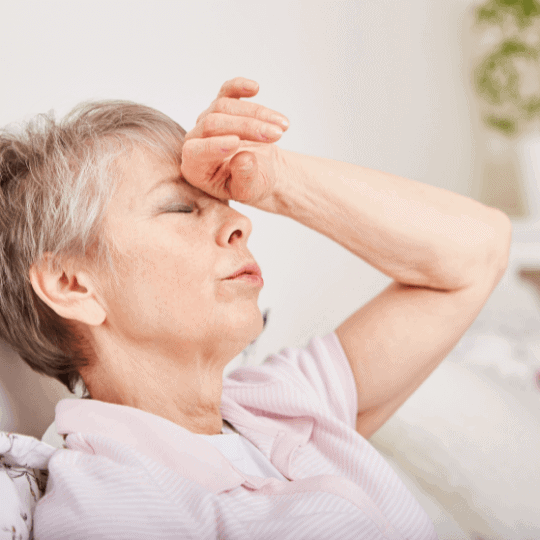
It's important to point out that menopause is not a disease. It is a natural process when thanks to declining levels of hormone production in the ovaries. Primarily estrogen and progesterone, and periods gradually cease (on average at the age of 50). For many women, though, perimenopause, the period of transition when hormone levels begin to fluctuate, can actually be more challenging than menopause itself.
When perimenopause takes hold and our estrogen levels crash and burn, it's like an unwanted guest has entered the building.
Your hormones can go through changes in a 24-hour period or over a period of months. So, it's really a tough time. Most women benefit from the protective and mood-enhancing nature of normal estrogen levels until they enter perimenopause. When their estrogen dips, some women who've never been prone to low mood or anxiety. They may experience it for the first time.
A client said:
For Susan in the UK, not only did her existing anxiety disorder worsen during perimenopause. The hormonal changes also ushered in a general deterioration in her overall health. She said:
“The dislocations increased as I entered menopause, and my joints began to get more irritated and swollen. The migraines were extremely terrible, three or four a week”.
During perimenopause, it is not unusual for pre-existing health disorders in women to get worse and for new ones, such as fibromyalgia, to be identified. This is due to the fall in estrogen levels. With this unpleasant plethora of symptoms, it's hardly surprising that women often experience low libido during both the perimenopause and menopause phases. In between night sweats, insomnia, anxiety, migraines, heart palpitations, and vaginal dryness, swinging from the chandeliers in passionate love-making can lose its appeal.
Hormone therapy (HRT)
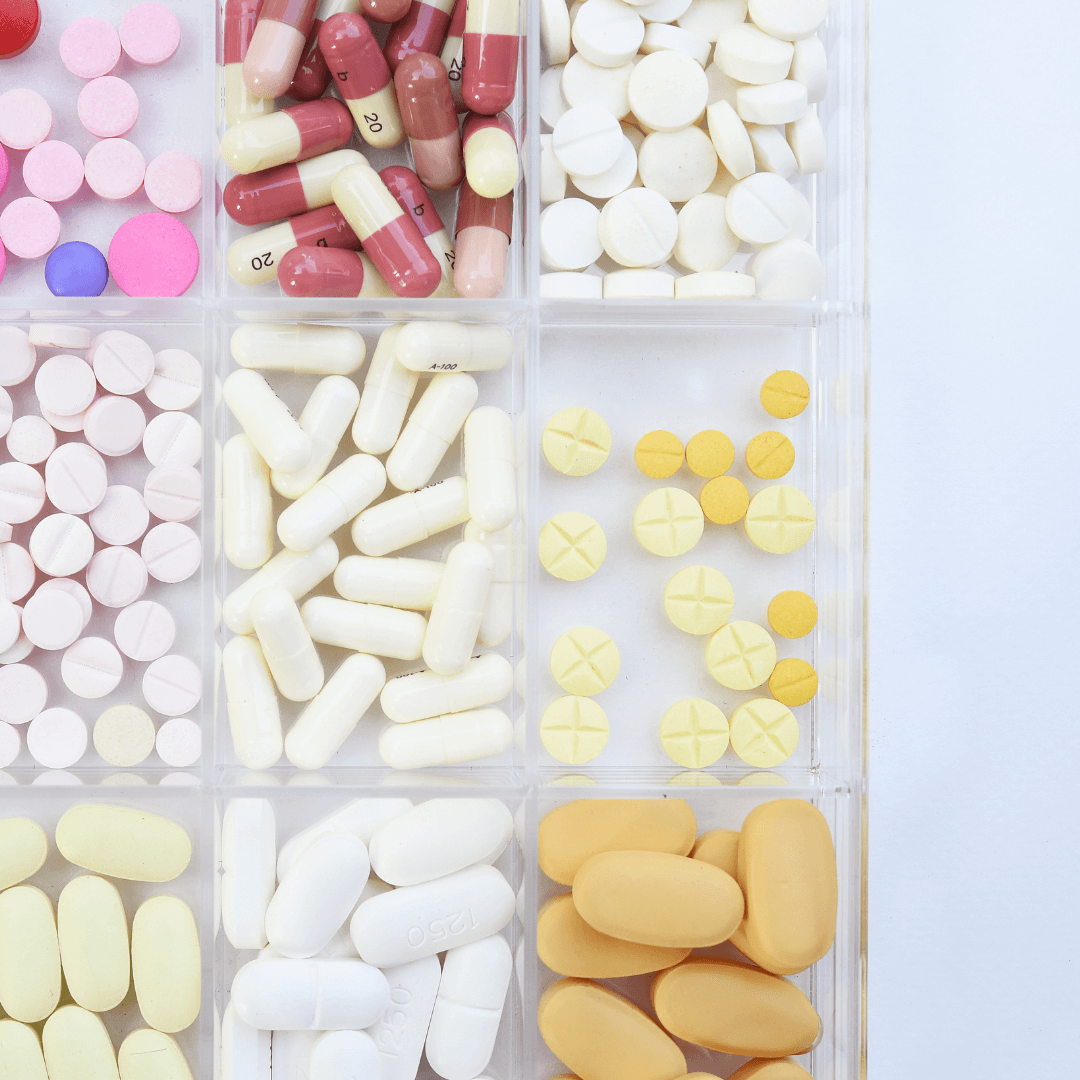
When menopause finally comes after a year without menstruation, many of the more mood-related symptoms can disappear. However, there's every possibility that some will continue. And without the previously protective levels of estrogen in the body, post-menopausal women are also at higher risk of developing osteoporosis, dementia, and cardiovascular disease.
This is why some women turn to hormone therapy (also known as hormone replacement therapy, or HRT), to try and regain some control over their bodies and minds during this period of estrogen decline.
Hormone therapy, which boosts the body's falling estrogen and progesterone levels, has not been without controversy. One study, which has since been discredited, famously linked HRT to a higher risk of breast cancer.
However, these days transdermal application of bioidentical estrogen is considered safe and for many women works wonders at managing the mood swings and anxiety associated with perimenopause. In fact, studies show that estrogen is more effective than antidepressants at treating depression during this stage of life.
Some women simply do not want hormone therapy, preferring to self-manage their symptoms with more natural methods, such as phytoestrogen supplements like red clover or other complementary therapies. Which is where CBD (cannabidiol) often comes in.
CB1 & Hormone Therapy
Estrogen and The Endocannabinoid System
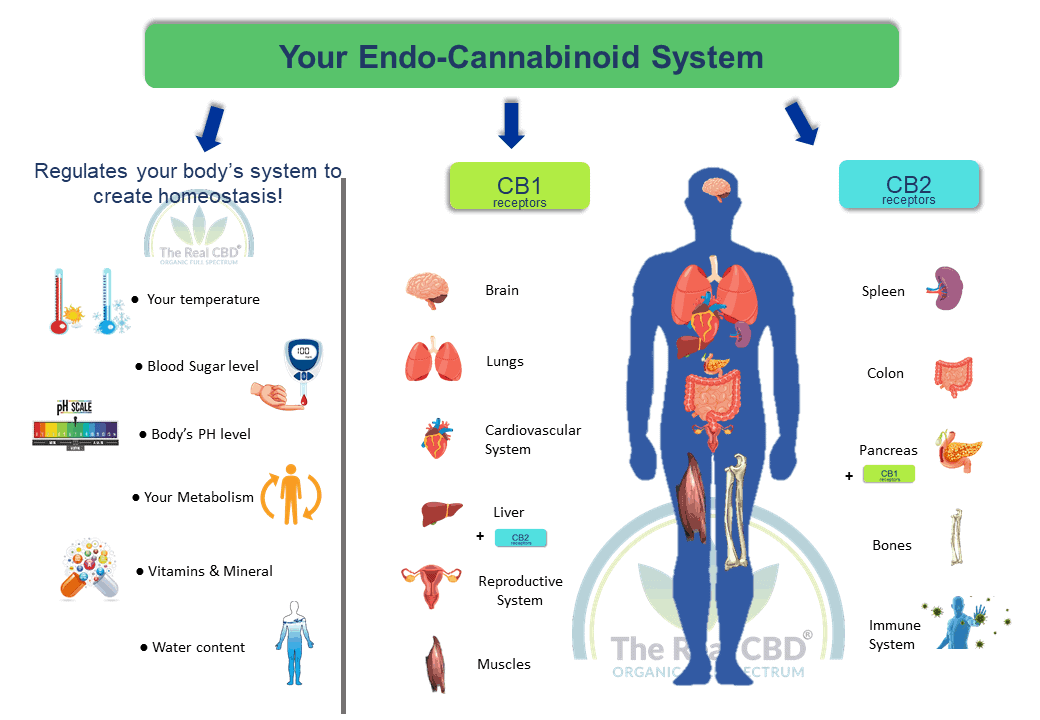
Some doctors tend to recommend CBD to patients if hormone treatment isn't suitable or when some residual symptoms, such as low-level anxiety, remain even after hormone therapy.
The endocannabinoid system is very active in the female reproductive tract. The human ovary actually produces the endogenous cannabinoid anandamide, such that in healthy women throughout the menstrual cycle the amount of anandamide circulating is high during the follicular phase from your menstrual period until ovulation. And then the levels are highest during ovulation and lower during the luteal phase.
We're used to thinking of the ECS as the master regulator, but when it comes to the female reproductive system, it appears that estrogen calls the shots.
What's the evidence?
Despite research showing CBD to be effective at improving key menopause symptoms such as anxiety and sleep disturbance, there's very little menopause-specific data and no clinical trials. However, we have found these and want to share them with you:

Study 1
In a June 2022 preclinical study, scientists at Rutgers University in New Jersey reported that CBD has protective effects on the health of post-menopausal mice.
Those receiving CBD-coated peanut butter balls had better bone health, a superior array of gut bacteria, and burned more energy compared with the non-CBD group. This is particularly noteworthy as hormone replacement therapy is not indicated for women over sixty, underscoring that other options are needed. Further research is warranted to see whether the preclinical evidence of CBD's therapeutic potential for treating post-menopausal disorders such as osteoporosis translates clinically to humans.
Despite research showing CBD and cannabis to be effective at improving menopause symptoms, there's very little menopause-specific data and no clinical trials.
Study 2
A recently published self-reporting survey of 258 participants provides a snapshot of how women are using cannabis to manage their symptoms. It found that 67.4% of the women interviewed were using cannabis for sleep, 46.1% for anxiety, and 30.4% for libido. Furthermore, 51% of the women classified their use as mixed medical/recreational, 30.8% recreational only, and 17.7% medical only.
The most common mode of consumption was smoking with 84.3% choosing a joint, bowl or bong, followed by edibles at 78.3%, while 52.6% were vaping the oil, perhaps reflecting the blurring of lines between recreational and medical use.
But the survey did not shed any light on the efficacy of cannabis products for menopause-related symptoms or the types of cannabis used, with the authors calling for clinical trials that include baseline assessments before the initiation of medical cannabis.
CBD Oil & Menopause
People talk a lot about CBD oil and the benefits of using it as part of a supplement to help treat symptoms. We thought you might have some questions, so we tried to list all the pros and cons.
How CBD helps Symptoms of Menopause
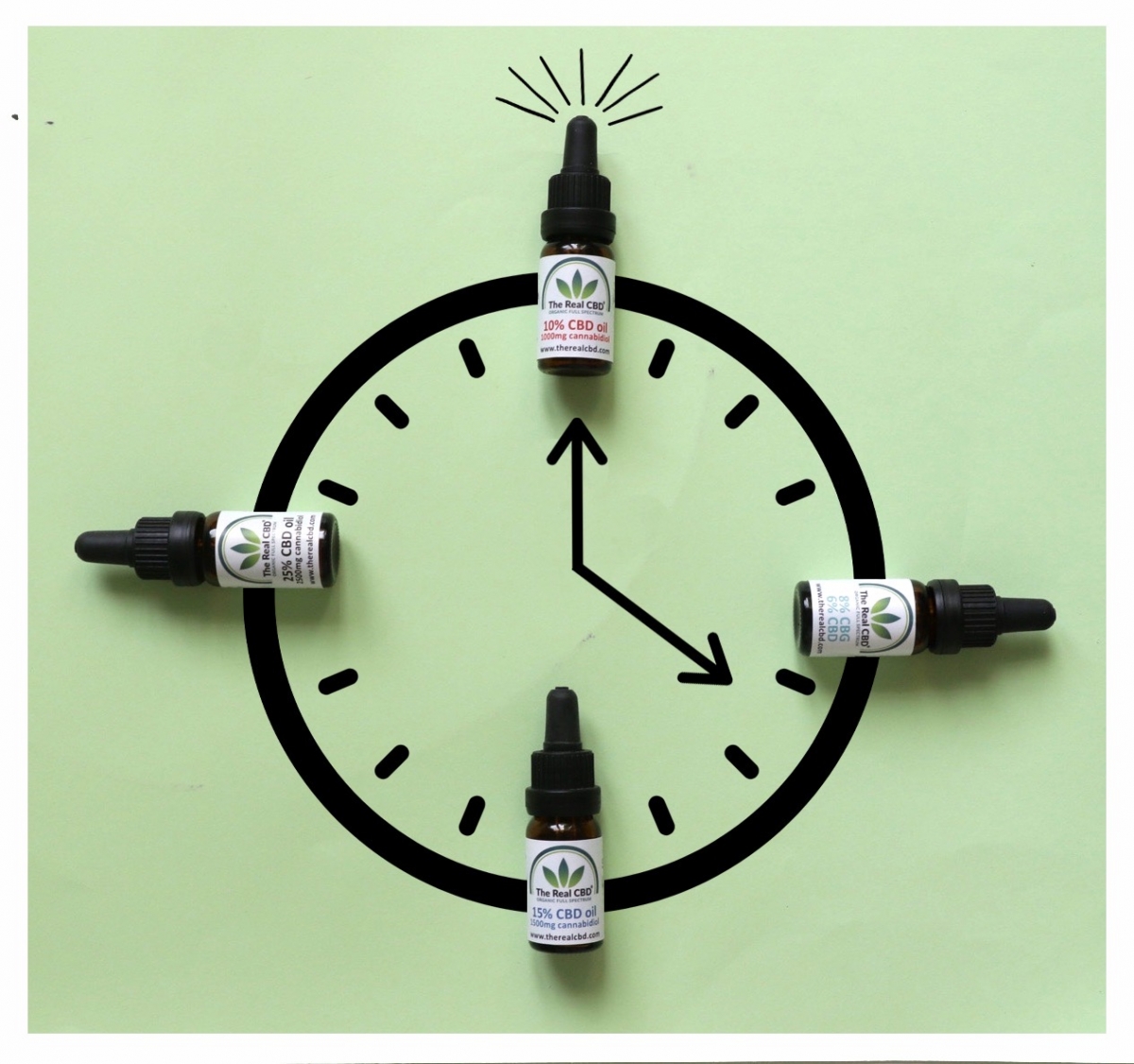
CBD Oil can help with a lot of different symptoms, like stiff joints caused by inflammation, headaches or migraines, acne, anxiety, depression, mood, appetite, and in some cases, sex life as well because you start to feel better.
If you have been taking our free menopause training, you know that our bodies are full of estrogen receptors. Well, it turns out that the Endocannabinoid system is no different. This is a group of cell receptors that help the body stay healthy by interacting with chemical messages called hormones.
CBD Oil is now being used by more and more women, especially those who can't take HRT. Even though there isn't any hard proof of the benefits yet, there is a lot of anecdotal evidence, and we hear stories from women all the time. Yours would be interesting to us.
More from our blog:
CBD Oil could help to treat the following symptoms:

- Weight Gain & Diabetes
- Aches & Joint Pain
- Night Sweats
- Sleep disturbances
- Bone density
- Memory
- Period Pain
- Hot Flashes/flushes
- Osteoporosis
- Depression and Anxiety
- Mood Changes
Can you use CBD when you are on HRT?
There is no evidence from science or practice that CBD interferes with HRT. But we suggest that you take your HRT and CBD oil at different times to give each supplement time to work.
The Real CBD for Peri- and Menopause
-
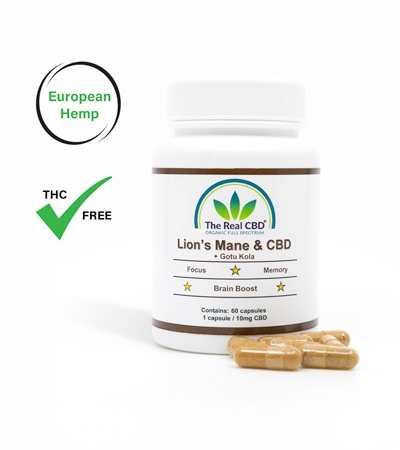 CBD and Lion's Mane Capsules€55.00
CBD and Lion's Mane Capsules€55.00 -
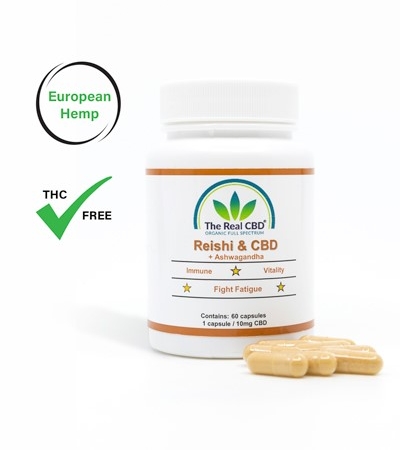 CBD and Reishi Capsules€55.00
CBD and Reishi Capsules€55.00 -
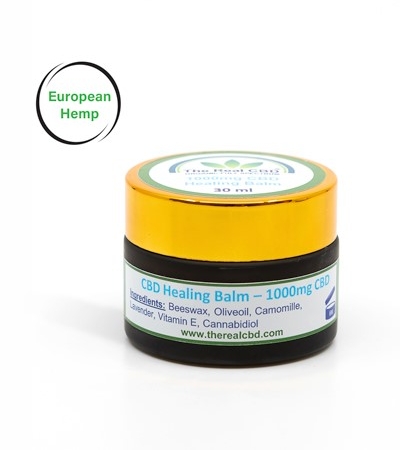 CBD Healing Balm 1000mg CBD€65.00
CBD Healing Balm 1000mg CBD€65.00 -
Product on sale
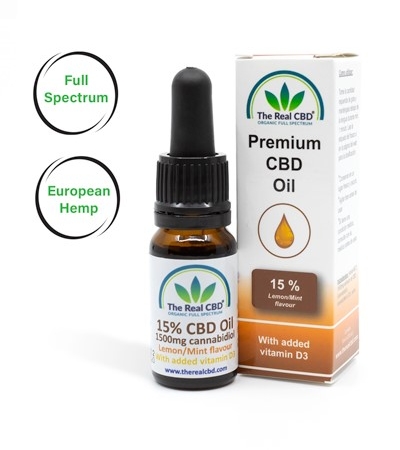 15% CBD oil with Vitamin D3Original price was: €85.00.€75.50Current price is: €75.50.
15% CBD oil with Vitamin D3Original price was: €85.00.€75.50Current price is: €75.50. -
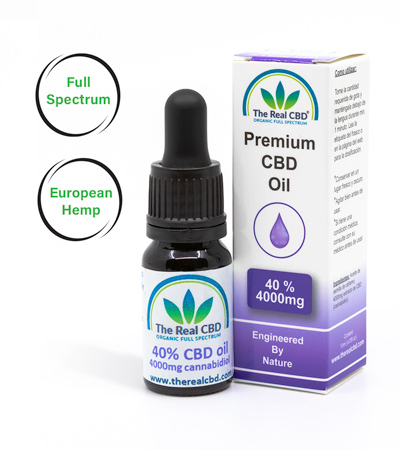 40% Raw CBD Oil€189.00
40% Raw CBD Oil€189.00 -
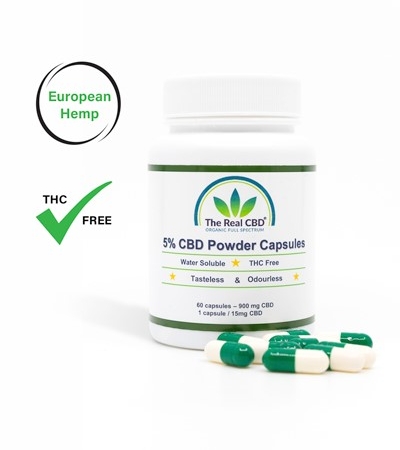 CBD Capsules – Water Soluble 5%€59.00
CBD Capsules – Water Soluble 5%€59.00 -
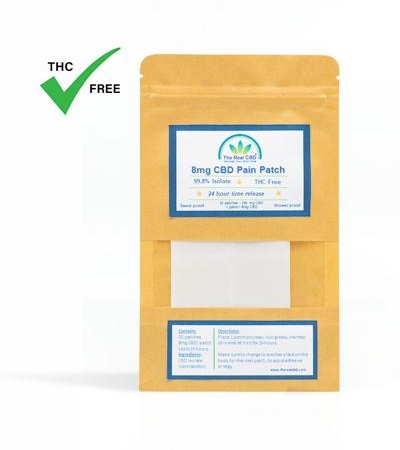 CBD Pain Patches 8mg€35.00
CBD Pain Patches 8mg€35.00 -
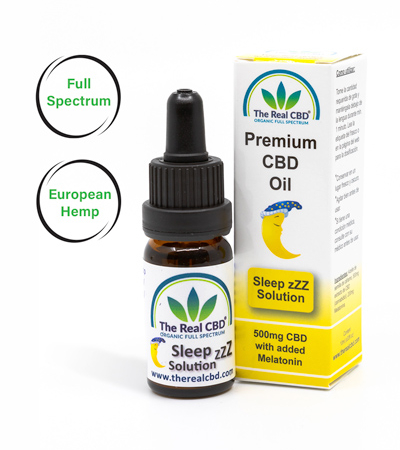 CBD Sleep Solution 10%€50.00
CBD Sleep Solution 10%€50.00 -
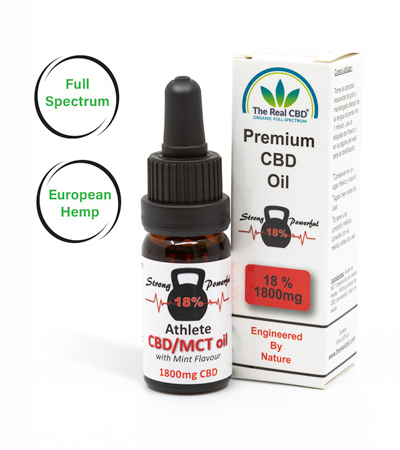 Athlete MCT/CBD oil 18%€90.00
Athlete MCT/CBD oil 18%€90.00 -
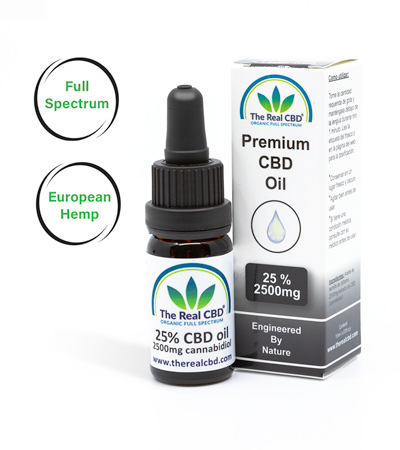 25% Pure CBD oil€139.00
25% Pure CBD oil€139.00 -
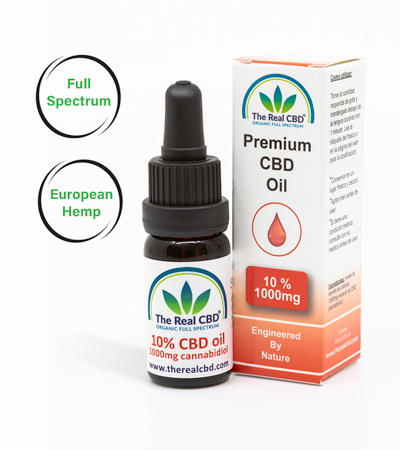 10% CBD oil€55.00
10% CBD oil€55.00

I am a certified expert in Medicinal Cannabis. We are all about giving correct and trustworthy information. We know how important it is to learn about CBD and cannabis, which is why we want to be your go-to source for trustworthy information. We help you improve your health by using our knowledge and experience as a starting point.




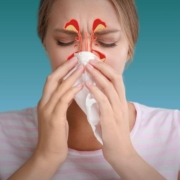
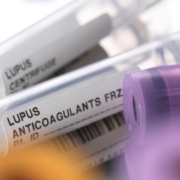


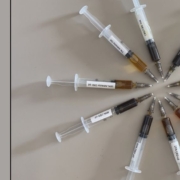





Leave a Reply
Want to join the discussion?Feel free to contribute!